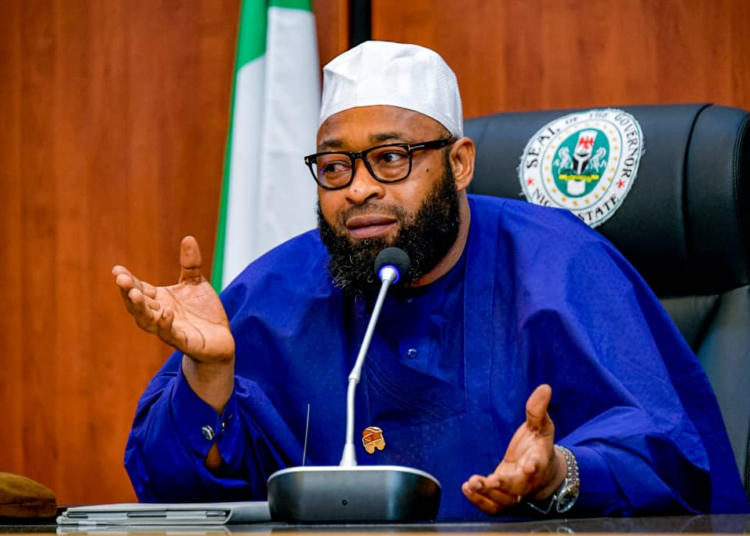The Niger State government has restated its readiness to welcome investments across all modes of transportation to drive economic growth and enhance public safety.
The deputy governor, Comrade Yakubu Garba, who spoke on Thursday, said the state is committed to supporting initiatives that promote development while safeguarding lives.
He stressed that the present administration places a high premium on human life and economic revitalisation.
“The governor I know will not hesitate to support any effort that promotes life, security, and economic growth. Any initiative that enhances the image, economy, and safety of Niger State is one we are ready to support.”
Garba noted the need for stronger cooperation between the federal and state governments, noting that states are often overwhelmed by competing demands.
“You have to deal with agriculture, security, education, and health. You cannot channel all your resources into one sector; priorities must be set. We are not saying that waterways are not important. Still, when you compare them with insecurity, food security, education, and healthcare—sectors long neglected—these deserve equal attention from the federal government,” he said.
“The deficit in those areas deserves government attention. So in a nutshell, the issue of the federal government collaborating more with the states to help them have adequate routes in our waters is critical. That will help reduce the time frame for services to the people. Let me give you an example: the number of people the boat carries. We cannot shy from saying the truth because people’s lives are lost, but I think aside from technical problems, there is also man-made negligence.
“If the number of people inside the boat is more than the capacity, you don’t expect not to have casualties. Even as a human being, you eat food based on leisure, but when the food gets to your body more than the capacity of your stomach, how do you feel? Uncomfortable. If you carry a load in your head that is more than your body’s capacity, how do you think? You will collapse. So most of these boats are old and have been there for more than five years, some even 10 years.
“So, summarily, I urge the federal government to collaborate more with the state government and make a provision just like how the federal government is collaborating with the private sector regarding air transport.
“Collaborating with the private sector regarding rail transport and even road transport. So I think the private sector can also come into the issue of water transport. It is crucial,” he stated.
Garba further urged the federal government to extend the kind of collaboration it currently enjoys with the private sector in air, rail, and road transport to water transportation.
“Adequate routes and fibre boats in our waterways will go a long way in addressing the challenges we face,” he added.
Addressing the role of superstitious beliefs in riverine communities, the deputy governor called for a shift in mindset.
“Culture is reality, but superstition is a matter of perception. Are we saying our ancestors caused mishaps or should have saved us from capsizing? In the 21st century, we should discuss technology, not superstition.”
Garba observed a gap between formulation and implementation in policy execution. “Our policies are often louder than our actions. Nigerian policy documents are among the best in the world, but the challenge lies in implementation,” he concluded.





